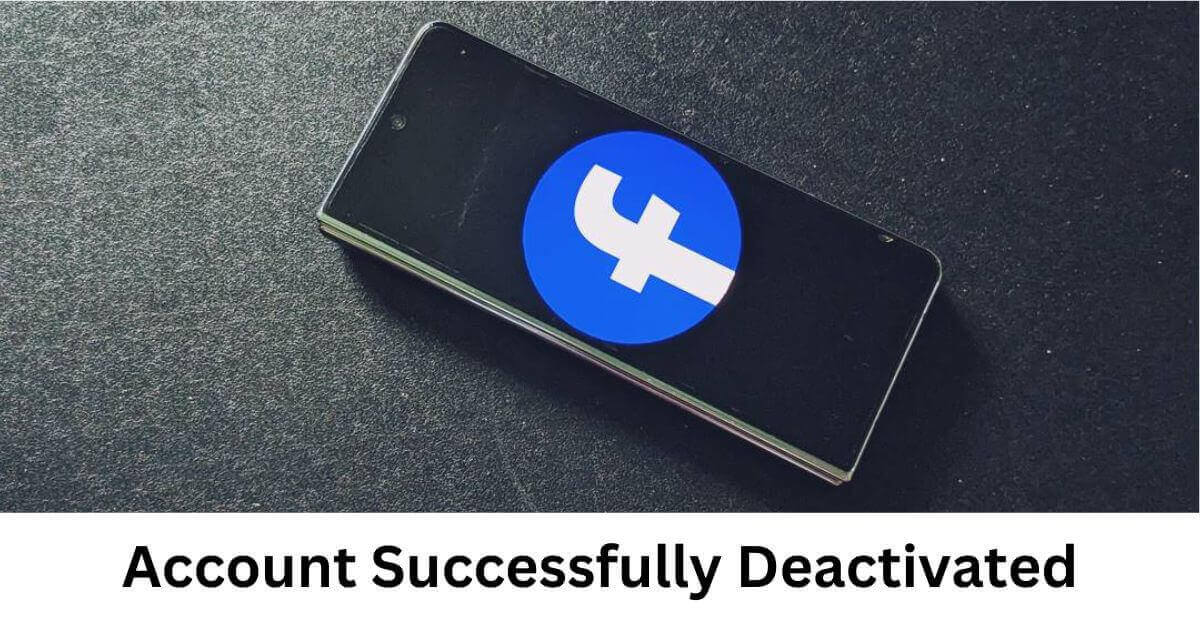In the digital age, privacy concerns are at the forefront of many users’ minds. If you’re considering taking a break from the social media giant Facebook by deactivating your account, it’s crucial to understand what happens to your data and privacy during and after the deactivation process. Let’s delve into the details of what occurs when you decide to deactivate your Facebook account:
Read also: A Comprehensive Guide to Deactivating Your Facebook Account
1. Temporary Pause in Activity:
- Deactivating your Facebook account is not the same as permanently deleting it. It’s a temporary pause in your online presence. During this period, your profile becomes invisible to other users, and your data remains stored on Facebook’s servers.
2. Profile Disappearance:
- Once deactivated, your profile, including your timeline, photos, and posts, disappears from public view. Friends won’t be able to tag you in photos or posts, and your name won’t appear in searches.
3. Messenger Access:
- Despite deactivating your account, you can still use Facebook Messenger to communicate with friends. However, your status will appear as “Facebook user” instead of your name, maintaining a level of privacy.
4. No Data Removal:
- Deactivation does not result in the deletion of your data from Facebook’s servers. Your information, including photos and posts, remains stored on their system. If you decide to reactivate later, your profile will be restored as it was.
5. App Permissions:
- Some third-party applications and websites allow users to log in using their Facebook credentials. Deactivating your account does not automatically revoke these permissions. It’s advisable to review and manage app permissions separately in your account settings.
6. Reactivation:
- If you choose to return to Facebook, reactivating your account is a simple process. Your profile, along with your friends, photos, and posts, will be fully restored, as if you never left.
7. Privacy Settings Remain Intact:
- Deactivation preserves your privacy settings. If your profile was set to private before deactivation, it will remain private upon reactivation. It’s essential to review and update these settings as needed once you return.
8. Offline Activity:
- While deactivated, your Facebook account won’t be visible to other users, but your data may still be used for analytics and tracking purposes. This anonymized data helps Facebook analyze user behavior and improve its services.
9. Permanent Deletion Option:
- If your intention is a more permanent departure from Facebook, you may consider requesting account deletion. This process involves a 30-day grace period during which your data is gradually deleted. Once the deletion is complete, your information is no longer recoverable.
10. Consider Alternative Privacy Measures:
- If privacy is a primary concern, explore alternative measures such as adjusting privacy settings, limiting the personal information you share, and reviewing third-party app permissions before deciding on deactivation.
Conclusion
Understanding the implications of deactivating your Facebook account is crucial for making an informed decision about your privacy. Whether it’s a temporary break or a permanent departure, prioritizing your privacy is key in today’s interconnected digital landscape.






